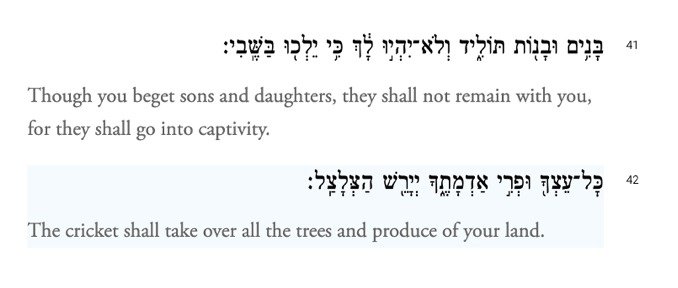For the source text click/tap here: Bava Metzia 17
To download, click/tap here: PDF
The rabbis teach about debtors who first deny their debt, but when faced with witnesses, amend their statements, and admit that they already repaid that debt. These debtors are held to the presumptive status of one who denies that they owe a debt. Any subsequent claims are ignored. Similar consequences face those who claim that they are completely innocent when it comes to other cases - money, a cloak, an oath.
The rabbis wonder whether oaths should be treated with the same gravitas as the other claims. One might say that he will take an oath but later he reconsiders and does not take the oath.
The Rabbis stated this ruling before Rabbi Abbahu. He said to them: Rabbi Avin’s statement is reasonable in a case where one was obligated by a court to take an oath. But if one voluntarily obligated himself to take an oath, and he later claims that he took the oath, he is deemed credible. This is because a person is prone to say incidentally that he will take an oath and then change his mind; this does not render him a liar. The Rabbis then brought Rabbi Abbahu’s analysis back to Rabbi Avin and presented it before him. Rabbi Avin said to them: I also said this halakha specifically with regard to one who was obligated by a court to take an oath, as Rabbi Abbahu explained.
We explore the circumstances around lying in Halacha.





















